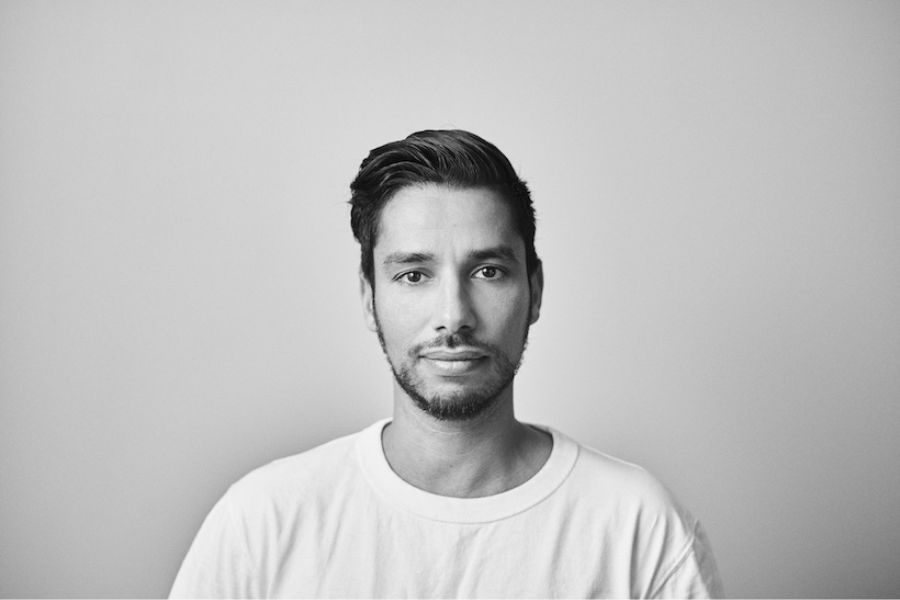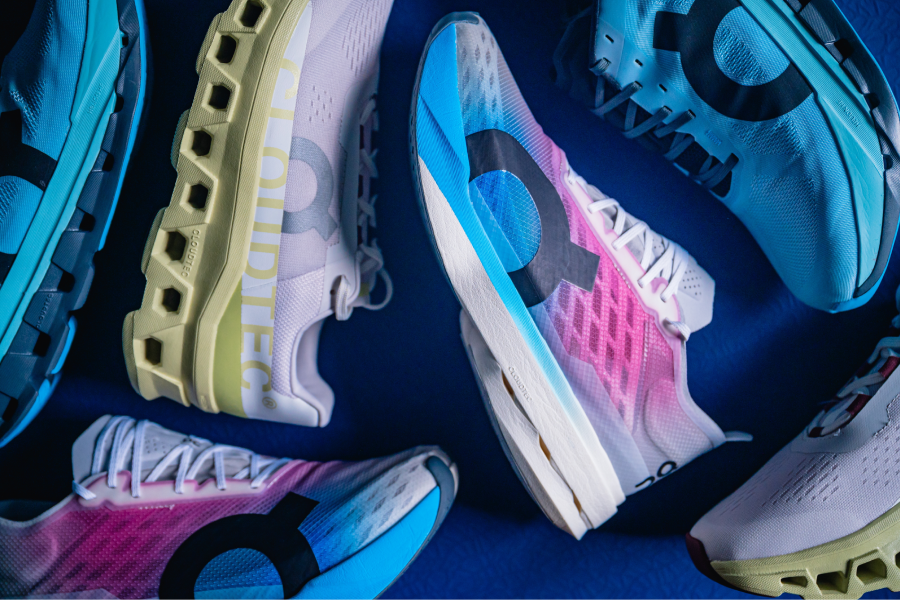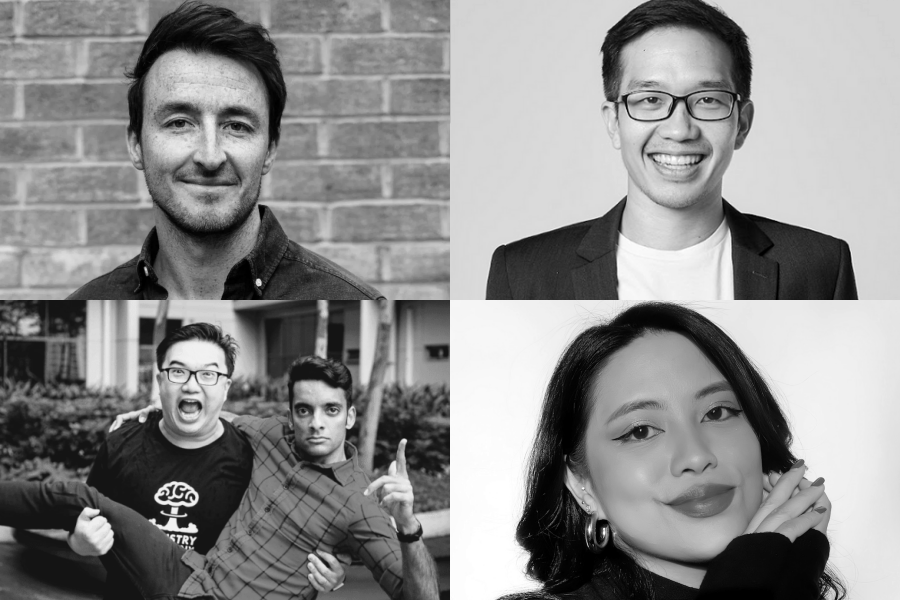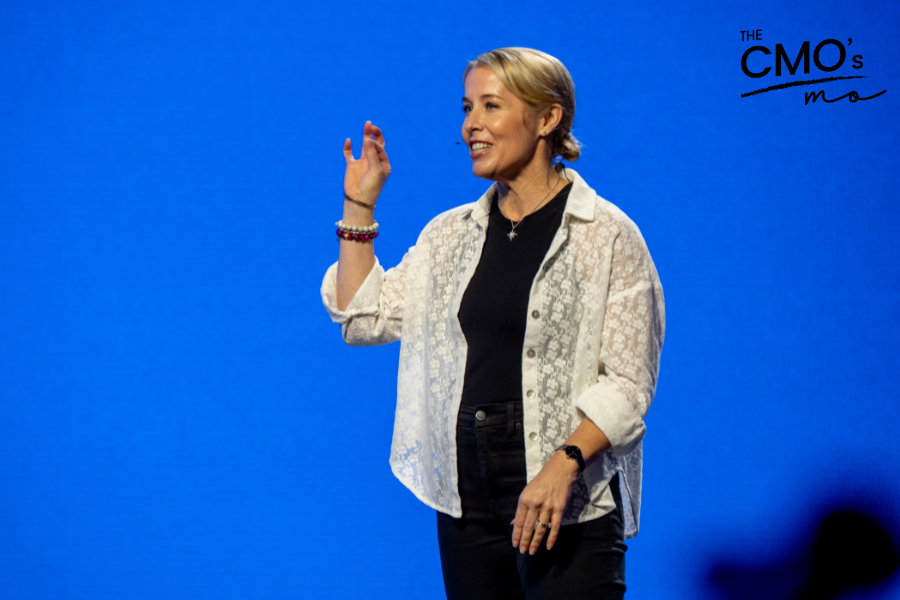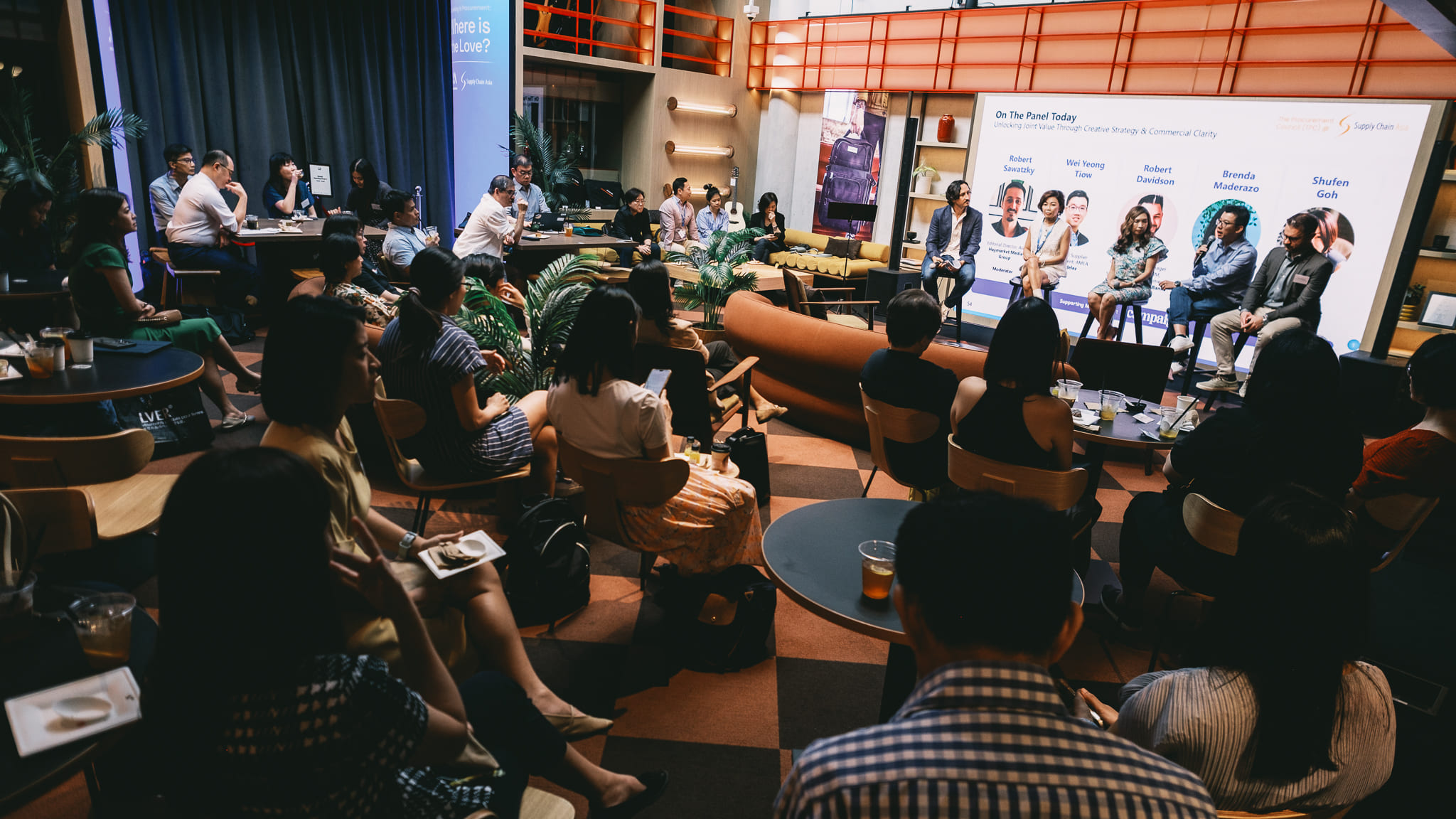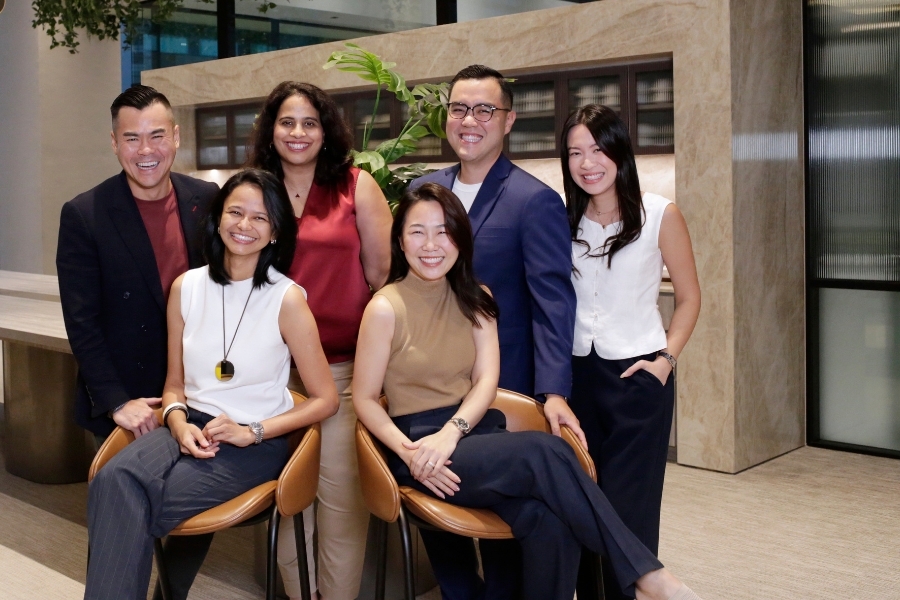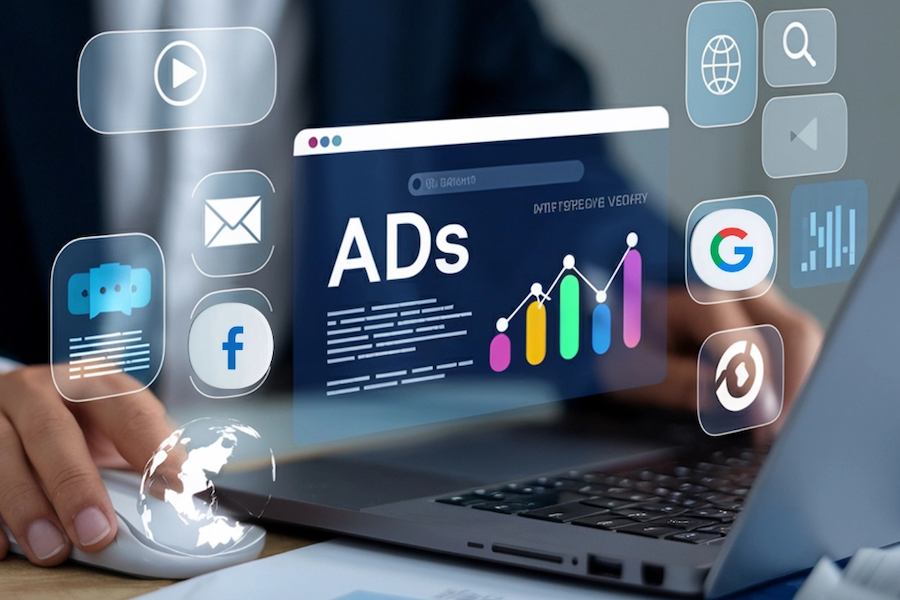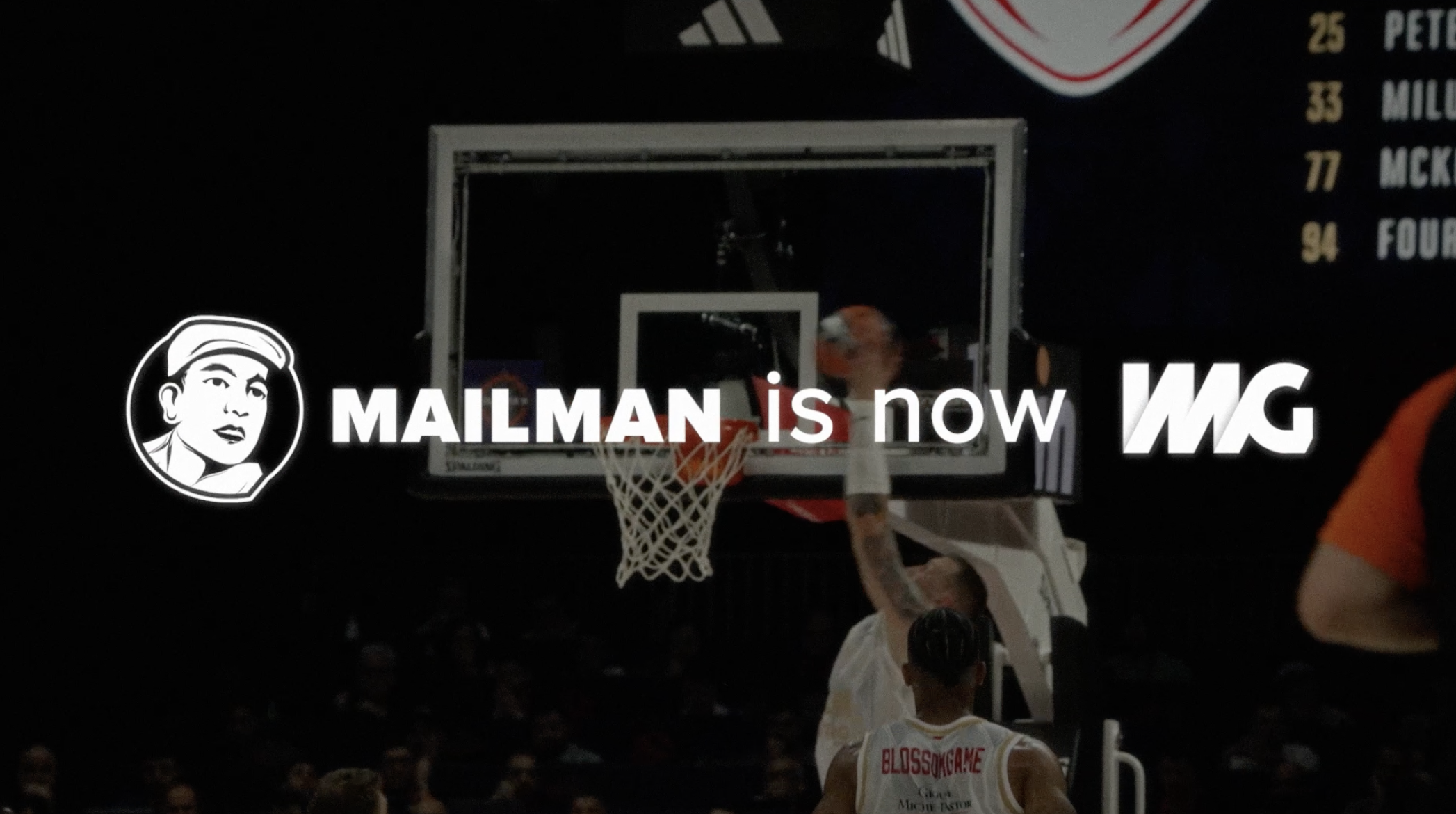Social marketing awards have been a fixture at Cannes Lions for years now, but the launch of this year’s Lions Creators forum is a watershed moment for marketing.
The festival said it decided to launch the program, which connects agencies and tech platforms with creators, to “have the most pressing conversations around how we co-create, collaborate and unlock greater value and progress for the wider industry in this space.”
But there is a distinct possibility that the creator economy may not just want to talk; it may, in fact, be out to eat advertising agencies’ lunch.
It is now entirely possible that influencers will transform the creative advertising industry by becoming not just agency partners, but a primary—and direct—source of brands’ creative output, disintermediating creative agencies.
Is this an overblown prediction? I would argue no, especially if you look at what’s driving huge growth predictions for the creator economy—expected to hit $528 billion by 2030. The vast majority of this revenue is expected to come from brand deals. As a result, marketing organisations are reorganising their operations to embrace creator collaboration at scale.
There are several motivating factors—authenticity, speed and efficiency among them. Brands are increasingly aware that studio- or location-shot advertising is expensive, time consuming and slow to go live, offering limited flexibility and agility.
Meanwhile, global consumers are engaging with brands and making purchase decisions based on content that feels authentic to their needs and identity—they aren't looking for overproduced, studio-shot creative. And although some brilliant creative—the sort celebrated in Cannes—connects with consumers and becomes shareable, most does not.
AI will no doubt also dominate the Cannes agenda, but much of the debate will revolve around how AI-powered creative tech, such as OpenAI’s Sora, can or should be harnessed.
AI will also transform the creator space by enabling marketers’ to commission and manage talent at industrial levels. This challenge should dominate discussion at Lions Creators.
The infrastructure needed to enable large marketers to collaborate with hundreds, even thousands, of creators at once is emerging—fast. This will mean marketers can identify, recruit and track suitable candidates, manage interactions with them, and match content and themes they develop at scale.
Rather than just working with high-profile influencers with large reach, brands will be able to work with large numbers of micro influencers, contracting them on a retained basis, at scale.
Using the creator economy to develop advertising at scale will generate a huge flow of authentic, relevant and measurable creative at a fraction of the cost and with significantly less planning time, turning traditional advertising strategy on its head.
The difference in this process is that brands will not control creative origination—nor will agencies. Creators themselves will drive the process, with brands harvesting the best ideas to be deployed. As the process matures, some creator advertising will break through to form big creative ideas used for TV, posters and radio—the space that agency teams dominate right now.
This does not mean the end of agency creativity. But agencies must adapt as brands reorganise their operations to maximise the potential of the creator economy.
No doubt many influencers will end up employed by agencies. Others will remain independent and could become powerful.
The creator economy is becoming more than influencers promoting life and style tips or producing off-the-wall social media videos: look no further than the success of Logan Paul and Mr. Beast’s brands, Prime Hydration and Feastables, respectively.
Creators’ impact on advertising will be profound—not least because it will be driven by a brand marketing-led structural change from within. So, perhaps creative leaders attending this year’s Cannes ought to watch out for the sharp elbows of creators, large and small.
Majid Bahi is global CEO of Socially Powerful.

